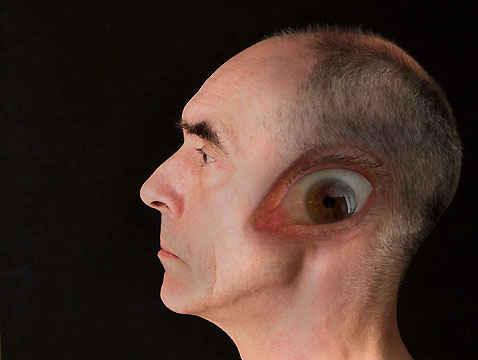
|
I object on behalf of Govert Flinck*, never mind that he has been dead for almost 350 years. Nowhere in the Human Rights Code does it say that someone's rights fade away after he or she has died. Although it's true that there are rights you no longer need once you're dead, surely there's no statute of limitations for things such as respect? The funny thing is that we're more familiar with the opposite: it is someone's nasty qualities that tend to enhance their reputation as the years go by, as they appeal to our penchant for the romantic. Nothing beats a genius villain once death has rendered him harmless. But I digress. So, if Professor Ernst van de Wetering would rather bite his tongue than suggest out loud that it is to Goldreyer to whom all of Barnett Newman's paintings should probably be attributed because he can see the hefty claim for damages coming should he fail to come up with the evidence, no matter how strong the suspicions, why shouldn't he be just as circumspect with Govert Flinck's reputation, precisely because the poor man has no descendants or agents to do it for him? Or have we finally stumbled upon something useful to do for the Old South constituent council, as a welcome diversion from their futile anti dog mess campaign? * In response to the Rembrandt painting which was recently uncovered from under someone else's brush strokes, which someone else according to Ernst van de Wetering could well have been Govert Flinck (1605-1660), who as an established Golden Age painter in his own right worked at Rembrandt's studio, and who has a very long and rather narrow street named after him in the Old South quarter of Amsterdam (whereas Rembrandt has a whole square of his own at the heart of the entertainment district in the centre of the city). |
BACK